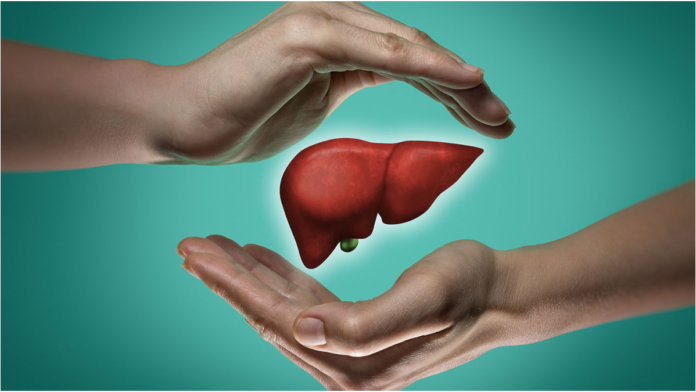The Madhya Pradesh High Court has allowed a minor girl to donate part of her liver to her father, who is suffering from end-stage chronic liver disease, on exceptional medical grounds. This decision was made following a writ petition and extensive medical evaluations.
Background
The petitioner, suffering from a severe liver condition, required an urgent liver tissue transplant. His minor daughter, medically fit and willing to donate, faced rejection from doctors due to her age without governmental approval.
A single-judge bench of Justice Vishal Mishra presided over the case. The petitioner sought a mandamus to direct the State Government to approve the liver transplantation involving his minor daughter.
Medical Board and Committee
The Medical Board confirmed the daughter’s fitness to donate, but under the Transplantation of Human Organs and Tissues Rules, 2014, approval from the State Level Authorization Committee was necessary. Despite a previous court order to expedite the decision, the committee failed to act within the given time.
Court’s Decision
Acknowledging the petitioner’s critical condition and the Medical Board’s findings, the court emphasized the necessity of the transplant to save his life. Rule 5(3)(g) of the Transplantation of Human Organs and Tissues Rules, 2014, permits minors to donate organs in exceptional cases. The court cited a similar Delhi High Court case, Siya Omar v. Union of India, which allowed a minor to donate liver tissue under exceptional circumstances.
Conditions for Transplantation
The court granted permission for the liver tissue transplantation with several conditions:
- The procedure must be conducted in a specialized center by an expert team of at least three doctors.
- The family must be informed of all risks and related factors.
- Comprehensive medical attention and facilities must be provided during the procedure.
- Post-operative care must be extended to the donor as needed.
- The procedure should be carried out expeditiously with all necessary precautions.
The court’s decision underscores the importance of life-saving medical procedures and sets a precedent for exceptional cases involving minor organ donors. The transplantation is to be conducted with stringent safety and procedural measures.


